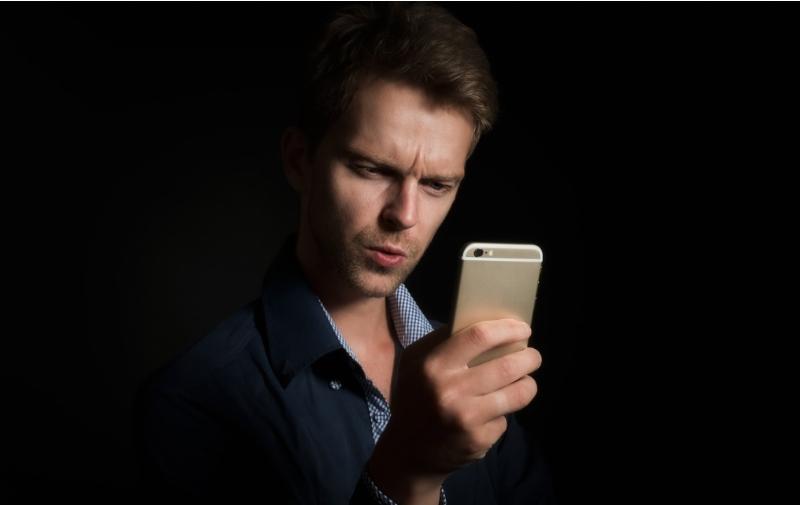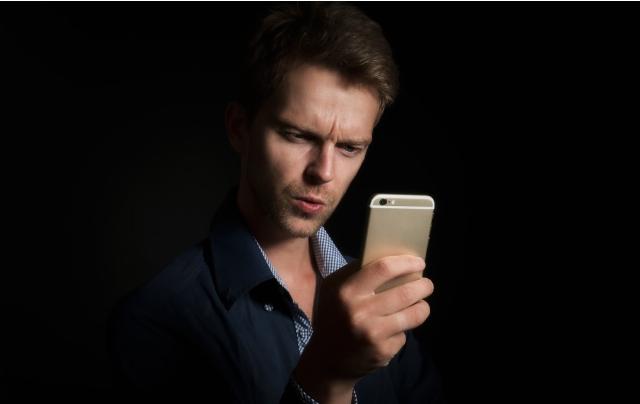


Sportsbooks in the United States could not have dreamt a better launch window than the easy-money-and-isolation era of the COVID lockdowns. Sports gambling is now another of the many social and political overhauls of those years that is getting the "Maybe these consequences were, in fact, foreseeable" treatment.
The Supreme Court's ruling in Murphy v. NCAA overturned the Professional and Amateur Sports Protection Act (PASPA) in 2018. That returned the question of sports gambling to the states, many of which already had bills in the works that would legalize sports betting. Between passing the bills and establishing the regulatory framework on the legislative side, and the sportsbook operators needing to develop their products in accordance with those laws, it took until the early 2020s for legal sports betting to reach a true nationwide level.
While sports gambling in the United States was taking off, the United Kingdom was looking for ways to reel it back in.
The UK passed their first modern gambling law in 1960, and it immediately produced unintended consequences. "[D]espite its original intention to permit private gaming, it inadvertently led to an explosion of commercial gaming," a parliamentary report in 2012 noted. In addition to the betting parlors that the law was intended to legalize, commercial betting set up shop in "restaurants, bingo halls, and members' clubs."
The next significant update to the law was in 2005, the midpoint between two significant events.
In 2002-03, the professional soccer team Fulham became the first team in the Premier League with a sportsbook as their front-of-shirt sponsor. It wasn't particularly notable at the time. The Premier League was only just starting to get traction outside of England, and the sportsbook -- Betfair -- was an English company advertising to English bettors. It was all very domestic.
Two years after the Gambling Act of 2005, the iPhone was released.
By 2010, seven of the 20 teams in the Premier League had betting companies on the fronts of their jerseys. That tally rose to 10 by the mid-2010s, and has between 8-10 since. More consequentially, these were now foreign, digital-only sportsbooks -- chartered in Malta, Macau, Vietnam, and the Philippines -- advertising to potential bettors with smartphones and, as necessary, VPNs around the world.
Further down the English football pyramid, what we would call their minor leagues, the percentage of teams with gambling sponsors were about the same, but the percentage of team and league revenue from those sponsors was significantly higher.
These teams and leagues do not have global streaming deals and worldwide fan bases buying merchandise. They rely on ticket sales, local and regional sponsors, and domestic viewers for their revenue.
Like sports bettors, these teams got hooked on the sportsbooks' easy money.
When the UK government forced sports to play in empty stadiums during COVID, lower tier teams took a huge financial hit. At the same time, the government was preparing to move through legislation that would prohibit English teams from having sports betting companies as their front-of-shirt sponsors.
This was a significant and rapid pivot. As late as 2012 the UK government was applauding the meek demise of Puritanism: "the rather reluctantly permissive tone of gambling legislation over the last 50 years is now an anomaly."
 The chairman of the English Football League said of the proposed jersey sponsorship ban: “In the wake of the pandemic it would be catastrophic." Several lower-tier teams had already folded during COVID, and the government was trying to balance the competing aims of keeping struggling teams afloat and addressing the gambling problem.
The chairman of the English Football League said of the proposed jersey sponsorship ban: “In the wake of the pandemic it would be catastrophic." Several lower-tier teams had already folded during COVID, and the government was trying to balance the competing aims of keeping struggling teams afloat and addressing the gambling problem.
The abrupt end of the Boris Johnson government stalled this effort, but teams and league knew it was only a matter of time. The Premier League announced in 2023 that they would voluntarily ban gambling sponsors from the front of their match uniforms starting in the 2026-27 season.
While the initial focus of the UK's regulatory framework was keeping gambling away from children, the main driver of their second look at sports betting has been the rise in problem gambling. Fronting the issue are several retired Premier League players who lost their career earnings (and then some) to gambling. England's Football Association only prohibited players from betting on games in 2014. Before that, players were allowed to bet on any game that they were not in a position to influence. During the later years of that more lax era, players would be on their phones placing bets while on the team bus after their own game.
The traditional concern around letting players bet on sports is the risk of match-fixing. Globalized mobile gaming is changing even that, too.
Fixing matches is hard, especially for team sports. "Spot-fixing," though, is easy: it only requires one player to swing and miss on the first pitch of his second at-bat, or to commit a foot fault at any point in the first set of a tennis match. Prop bets have always been around, with the risk of a compromised player ensuring the outcome. Now, though, with worldwide access to instant betting lines, spot-fixing can swing a fair amount of money -- which puts more on offer to a receptive, or maybe desperate, player.
The Wall Street Journal quoted Declan Hill, a researcher who studies match-fixing: "What bookmakers want is for the bettors to be gambling, placing money, every five to 10 minutes."
Increasingly arcane prop bets, with or without spot-fixing, are one way for mobile sportsbooks to keep up the steady hits of dopamine-for-dollars. But they are almost superfluous. Just as the cliche for problem-drinkers used to be "It's 5 o'clock somewhere," for problem-gamblers with 24/7 access to global sports, it's always game-time somewhere.
The United States has only known legalized sports betting via apps that provide virtually infinite events to wager on, 24/7/365, without having to leave your couch nor encounter another person.
Just a few months after the Murphy case, Hill warned a Joint Congressional Hearing: "[I]f the United States follows the path of the United Kingdom, similar in language and culture, you will have sports gambling inside stadiums. Heck, you'll even have the stadiums named after the bookmakers." He was right about those and his other, more dire predictions of corruption.
Having passed up the opportunity to learn from the UK in real-time, the U.S. is still trailing a few steps and a few years behind. Historically, Americans have a good sense about when to break with the Brits, and when to come alongside. What are the odds we'll make the right decision here?
Image: Pixabay/Vitabello
